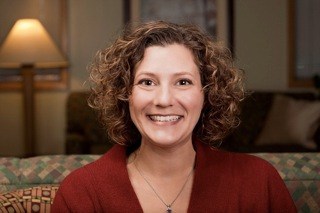Parents often feel overwhelmed when their child exhibits unusual sensory behavior. Imagine: a toddler refuses to wear socks, avoids finger-painting or paints her entire face and arms. A preschooler melts down at birthday parties or covers his ears during songs. The behavior can be frustrating to deal with in the moment.
Beth Jenson, a successful marriage and family therapist highly recognized for her work within the special needs community, will present a two-part workshop 9:30 a.m. to 3 p.m., Saturday, March 7 at the Orcas Senior Center to help parents learn more about their child’s quirky sensory-seeking or -avoiding behaviors.
In “Raising a Sensory-Friendly Family,” parents will explore ways to regulate extra sensitive and extra wiggly bodies and brains, soothe the accompanying meltdowns and plan for success in activities that tend to upset the sensitive child.
In “Bounce Back Kids – Teaching Kids Resilience,” parents will explore ways to strengthen kids’ resiliency – the ability to emotionally “bounce back” from negative experiences – and give children strategies for dealing with the everyday tragedies of frustration, disappointment and worry.
The two-part workshop is part of the “Strengthening Island Families” series developed by and offered to families of Children’s House, Kaleidoscope, Montessori and Salmonberry. Evidence shows that children who experience sensitive care-giving in the first five years have better social-emotional, language and learning outcomes – which later translate into positive behavior and academic success in school. The four preschools have been working together to ensure families on Orcas have adequate, affordable and consistent access to quality parenting programs. Funding for the series is provided from an OICF grant with matching ECEAP funds.
The centers support their families by providing care free of charge for students whose parents will be attending the series. The programs, care and lunch are free, but reservations are required to ensure adequate food and caregivers are available. Reservations can be made to any of the preschools.



